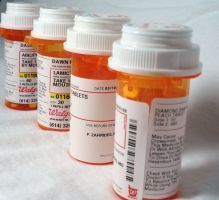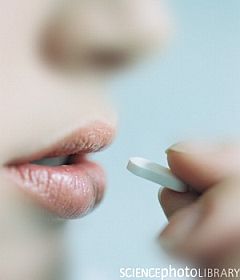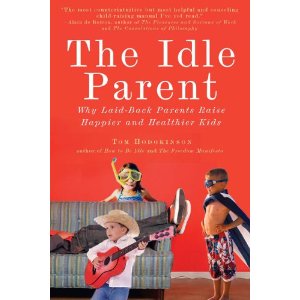
“Our country is overmedicated.” I get that a lot, usually right after I tell someone that I write a mental-health blog. Not as a hobby. As my job.
Part of me agrees, the part that doesn’t want to get into a long and frustrating conversation, where I explain that it’s really not that simple … that the issue is fairly nuanced and complex.
Are some people overmedicated in this country? Yes. Absolutely. I devote a few chapters of my book, Beyond Blue, to describing the dangerous phase in my recovery led by a doctor whom I call “Pharma King.” I was taking something like 16 pills a day, enough to drop my head into my cereal bowl every morning for about three months. And I wasn’t at all uncomfortable with how the nurses at the outpatient psych program I attended jumped to an increase in medication every time a patient voiced a complaint or raised an issue.
I wanted to scream out, “For crying out loud, let the woman try to sort through this a tad before we up her prescription.”
I think there are many people with mild depression who would be better served by a change in diet, a strict exercise regiment, some psychotherapy, and the other tools we have to help us, than simply by swallowing a pill.
Bestselling author Andrew Solomon describes medication’s limitations in his first chapter of the classic, “The Noonday Demon”:
Drug therapy hacks through the vines [of the depression]….You feel the weight going, feel the way that the branches can recover much of their natural bent. Until you have got rid of the vine, you cannot think about what has been lost. But even with the vine gone, you may still have few leaves and shallow roots, and the rebuilding of your self cannot be achieved with any drugs that now exist…Rebuilding of the self in and after depression requires love, insight, work, and most of all, time.
Solomon is absolutely right. Medication can only take us so far.
However, the much bigger problem–and the one hardly ever mentioned in any of my conversation with others–is that not enough people are being treated, or if they are, that they aren’t getting decent care.
In response to the Newsweek article about how antidepressants don’t work, Peter Kramer, bestselling author of “Listening to Prozac,” nails the issue. He writes:
To me, the real news of the month comes in another study from the University of Michigan, in the Archives of General Psychiatry. It found that only one in five Americans with depression has received even one adequate course of treatment in the past year. The criteria for adequate treatment are modest: 60 days of an antidepressant with four doctor or nurse visits over the year or (for talk therapy) four mental health visits lasting 30 minutes or more.
Here are some of the study’s findings. The average person diagnosed with depression had severe depression. Thirty-four percent of the depressed received any medication, with 11 percent receiving adequate medication. The comparable figures for psychotherapy were higher (44 percent any; 19 percent adequate). Only 9 percent of patients got the gold standard, adequate drug treatment with adequate psychotherapy. If you look at minority groups, like blacks and non-Puerto Rican Hispanics, the numbers are cut in half; almost no one gets good care.
To me, that’s the story that matters. Most depressed people don’t get evaluated; most who are evaluated don’t get treated; and most who are treated are treated poorly. As for whether medication helps with minor depression, that question may be less important than another one. If we were to treat all patients well–if with mildly or moderately depressed we were to start with psychotherapy and then, if that doesn’t do enough, weigh other options–in that situation, ought we to consider antidepressants? To my mind, the answer is still, “Yes–yes, of course.” But we are not there, far from it.
Sobering statistics Kramer presents.
What do you think? Are we an overmedicated nation?
* Click here to subscribe to Beyond Blue and click here to follow Therese on Twitter and click here to join Group Beyond Blue, a depression support group. Now stop clicking.

